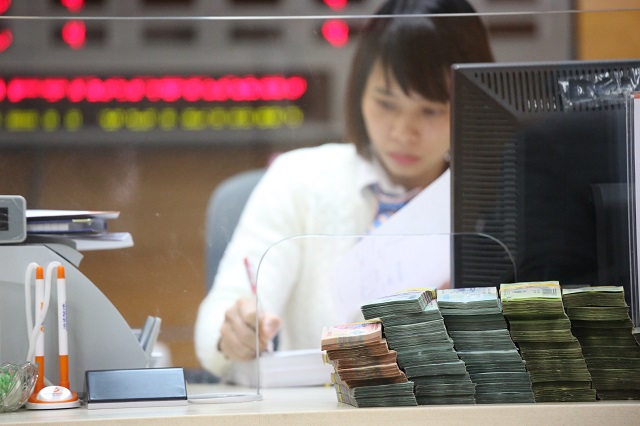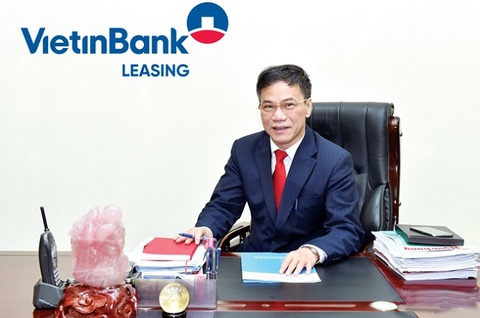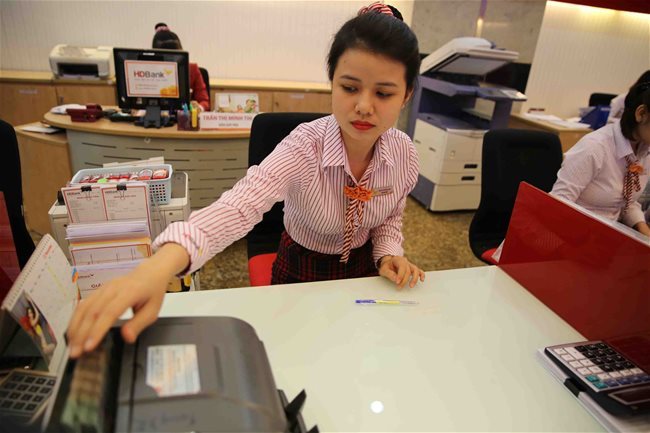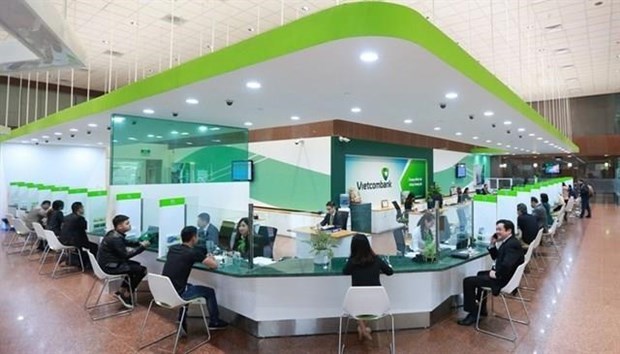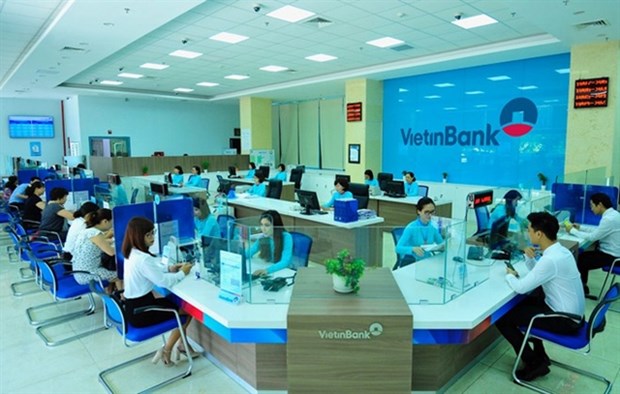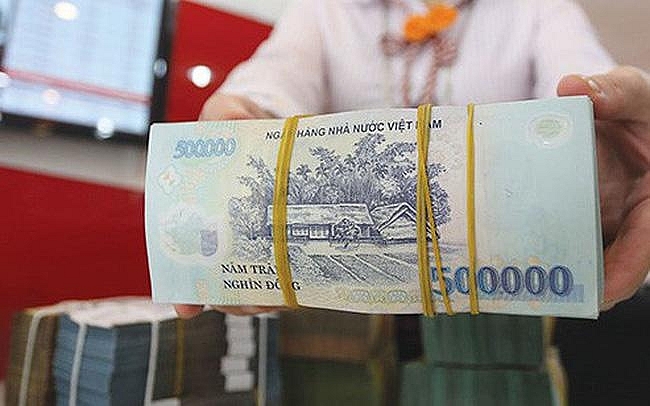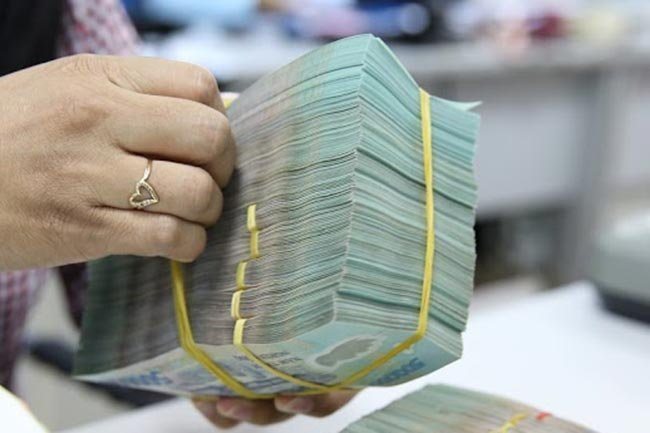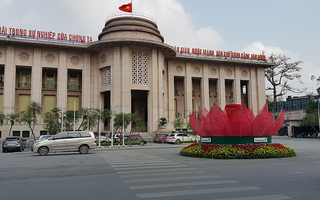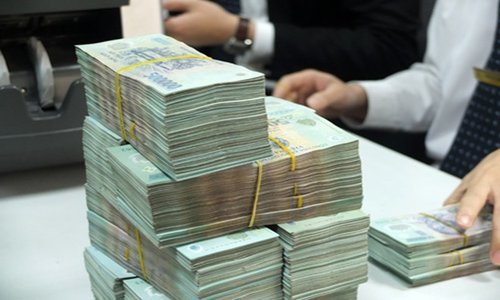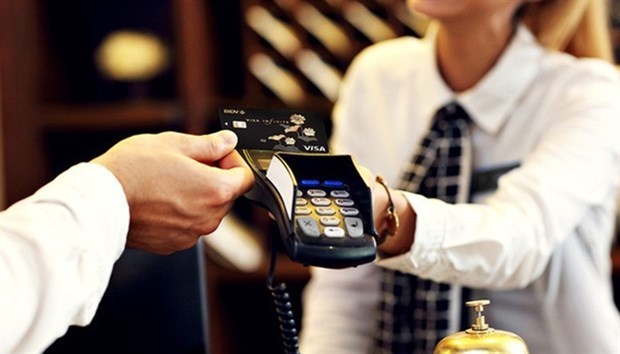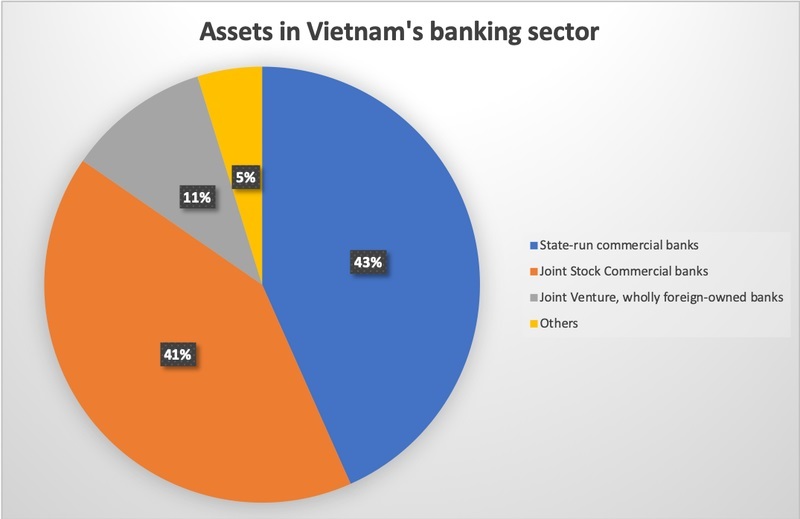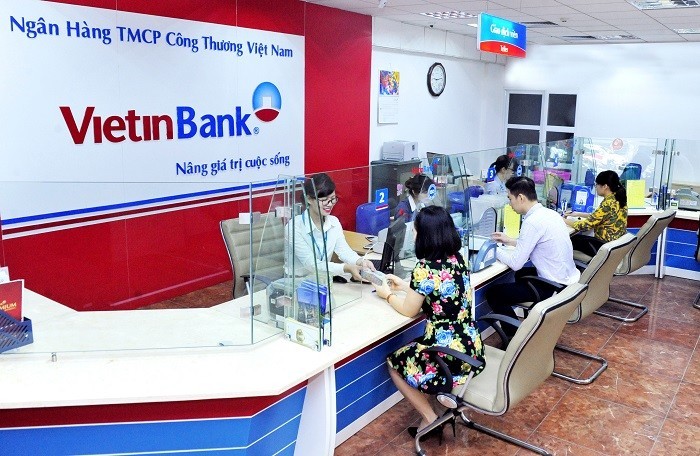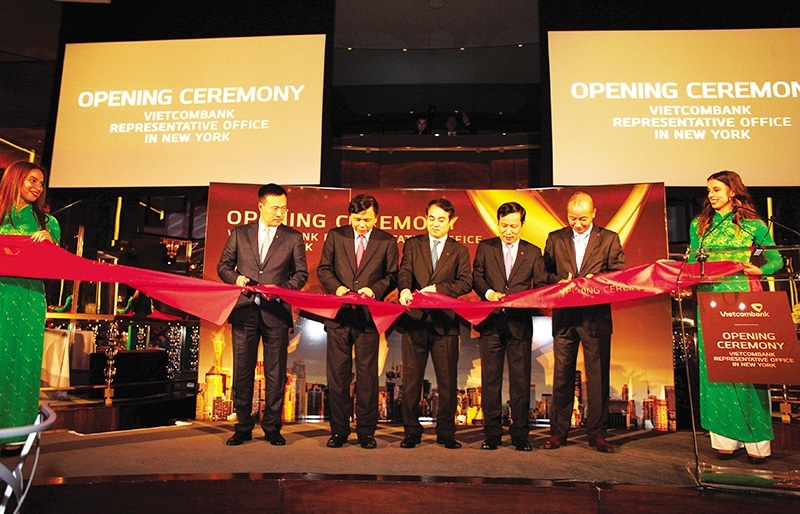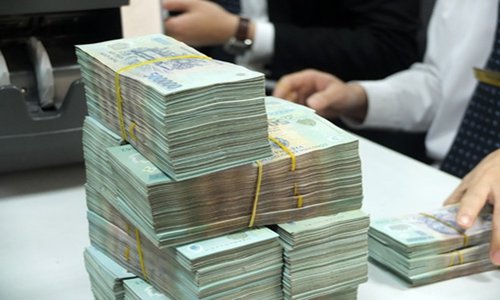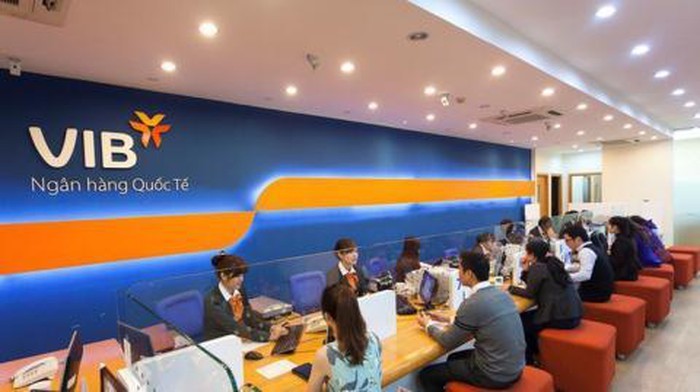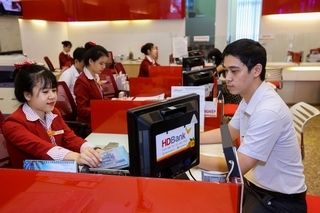- © Copyright of Vietnamnet Global.
- Tel: 024 3772 7988 Fax: (024) 37722734
- Email: evnn@vietnamnet.vn
VietinBank
Update news VietinBank
Vietnam banks promote loans with low interest rates by year-end
Given abundant liquidity and low demand for credit, banks are offering attractive loans during the year-end period.
M&A set for a bustling second half
M&A deal-making will probably increase at a steady pace in the second half of 2020, led by the upcoming mega deal of Vietnam’s leading brewer Sabeco.
VietinBank to sell 50 percent of capital in Vietinbank Leasing
Vietinbank (CTG) has approved a plan to sell 50 percent of its holdings in the bank’s financial arm Vietinbank Leasing Company Limited.
Vietnam to allow EU credit institutions to hold 49% shares at two banks
Vietnam is committed to allowing credit institutions of the European Union (EU) to hold up to 49% shares at two joint stock commercial banks in Vietnam when the European Union-Vietnam Free Trade Agreement (EVFTA) takes effect.
Banks lower interest rates following SBV’s policy rate cut
 By March 17 noon, most of the commercial banks in Vietnam had lowered their interest rates on savings accounts with terms of less than 6 months after the State Bank of Vietnam (SBV) announced its policy rate cut a day earlier.
By March 17 noon, most of the commercial banks in Vietnam had lowered their interest rates on savings accounts with terms of less than 6 months after the State Bank of Vietnam (SBV) announced its policy rate cut a day earlier.
Epidemic causes credit growth to slow significant in first two months
 Credit growth of the banking system in the first two months of this year reached only 0.06 percent, slowing significantly against the 1 percent rate in the same period last year, due to impacts of the COVID-19 epidemic.
Credit growth of the banking system in the first two months of this year reached only 0.06 percent, slowing significantly against the 1 percent rate in the same period last year, due to impacts of the COVID-19 epidemic.
Two State-owned banks allowed to increase charter capital
 The Government has decided to allow Vietcombank and Vietinbank to increase their charter capital by 10 trillion VND (434.8 million USD) in the first quarter of this year, Deputy Prime Minister Vuong Dinh Hue said last month.
The Government has decided to allow Vietcombank and Vietinbank to increase their charter capital by 10 trillion VND (434.8 million USD) in the first quarter of this year, Deputy Prime Minister Vuong Dinh Hue said last month.
Total assets of banks in Vietnam swell 9.12% to over US$518 billion
 Total assets of commercial banks under state ownership accounted for 42.7% of the total in the banking sector, followed by joint stock commercial banks with 41.6%.
Total assets of commercial banks under state ownership accounted for 42.7% of the total in the banking sector, followed by joint stock commercial banks with 41.6%.
IFC investor group no longer VietinBank’s major shareholder
 The International Finance Corporation (IFC) investor group is now no longer a major shareholder of the Vietnam Joint Stock Commercial Bank for Industry and Trade (VietinBank), after selling more than 55.7 million shares of the bank.
The International Finance Corporation (IFC) investor group is now no longer a major shareholder of the Vietnam Joint Stock Commercial Bank for Industry and Trade (VietinBank), after selling more than 55.7 million shares of the bank.
The highlights in the banking sector in 2019
2019 witnessed low credit growth rate.
Vietnam c.bank's new circular to turn US$1.73 billion required reserves to loans
 The circular lists cases that credit institutions are granted a reserve requirement waiver or a lower reserve requirement ratio.
The circular lists cases that credit institutions are granted a reserve requirement waiver or a lower reserve requirement ratio.
VN banks' capital to remain weak after Basel II delay: Fitch Ratings
 Fitch analysts were upbeat about continued strong economic growth in Vietnam, which makes near-term stress unlikely and underpins their stable outlook for the banking sector.
Fitch analysts were upbeat about continued strong economic growth in Vietnam, which makes near-term stress unlikely and underpins their stable outlook for the banking sector.
Vietnam to consider reducing ownership at state-run commercial banks
 Vietnam is committed to opening the financial market to foreign investors, particularly in financial services.
Vietnam is committed to opening the financial market to foreign investors, particularly in financial services.
VN banks issues more chip cards for security
 Despite high costs, domestic banks are issuing more chip cards that meet EMV standards to replace magnetic strip cards in order to improve security and meet the central bank’s regulations.
Despite high costs, domestic banks are issuing more chip cards that meet EMV standards to replace magnetic strip cards in order to improve security and meet the central bank’s regulations.
Total assets of banks in Vietnam increase 9% to nearly US$520 billion
 The total assets of commercial banks under state ownership accounted for 43.4% of the total of the banking sector, followed by joint stock commercial banks with 41.4%.
The total assets of commercial banks under state ownership accounted for 43.4% of the total of the banking sector, followed by joint stock commercial banks with 41.4%.
IFC divests stake at Vietnam’s state-run Vietinbank
 The International Finance Corporation (IFC) remains a major shareholder of Vietinbank with a nearly 6.5% stake.
The International Finance Corporation (IFC) remains a major shareholder of Vietinbank with a nearly 6.5% stake.
Vietnamese lenders set sail for lucrative lands
 Vietnamese banks are following their corporate clients by expanding abroad.
Vietnamese banks are following their corporate clients by expanding abroad.
Vietnam’s credit growth projected to reach 10-year low of 13.2% in 2019
 The slow growth comes mainly from state-owned banks, which have become more stringent on their loan disbursements.
The slow growth comes mainly from state-owned banks, which have become more stringent on their loan disbursements.
Vietnamese banks struggle to raise chartered capital
 The time to apply standards in accordance with Basel II is nearing and commercial banks are rushing to raise chartered capital.
The time to apply standards in accordance with Basel II is nearing and commercial banks are rushing to raise chartered capital.
Vietnamese banks ranked among 500 strongest in region
 The Asian Banker continues to honour the 500 strongest banks in the Asia-Pacific in 2019 with some familiar names from Vietnam.
The Asian Banker continues to honour the 500 strongest banks in the Asia-Pacific in 2019 with some familiar names from Vietnam.
